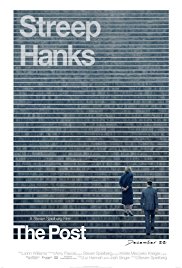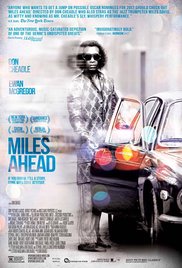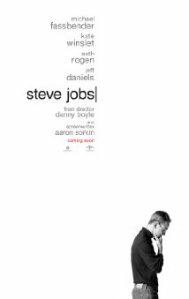 Greetings again from the darkness. Given the onslaught of Zombie movies over this past decade, the release of a film about first love between two fine young cannibals barely raises an eyebrow in regards to subject matter. However, when the film is directed by Luca Guadagnino, the man behind such films as CALL ME BY YOUR NAME (2017) and I AM LOVE (2007), well the interest level is quickly piqued, as we know the approach will be one that’s unique. David Kajganich, who collaborated with Guadagnino on SUSPIRIA (2018) and A BiGGER SPLASH (2015), adapted this screenplay from the 2016 novel by Camille DeAngelis.
Greetings again from the darkness. Given the onslaught of Zombie movies over this past decade, the release of a film about first love between two fine young cannibals barely raises an eyebrow in regards to subject matter. However, when the film is directed by Luca Guadagnino, the man behind such films as CALL ME BY YOUR NAME (2017) and I AM LOVE (2007), well the interest level is quickly piqued, as we know the approach will be one that’s unique. David Kajganich, who collaborated with Guadagnino on SUSPIRIA (2018) and A BiGGER SPLASH (2015), adapted this screenplay from the 2016 novel by Camille DeAngelis.
Maren (a terrific Taylor Russell, WAVES, 2019) lives in a Virginia trailer park with her father (Andre Holland). He’s extremely protective of her and even locks her in the bedroom at night. The one time she sneaks out to meet some friends at a sleepover, her gruesome actions clue us in to the reason dad worries so much. Soon after, dad deserts Maren, leaving only some cash, her birth certificate, and a cassette tape he recorded detailing all he knows about her past and her rare disorder (a need to feed on human flesh). We get to listen to the cassette right along with Maren, which gives us the background we need to follow along.
This quickly turns into an ‘on the road’ movie as she begins the search for her birth mother. Traveling by bus, and shooting through her funds pretty quickly, Maren heads through Maryland and on to Ohio. Along the way, she crosses paths with two who prove crucial to the story. Sully (played by Oscar winner Mark Rylance, BRIDGE OF SPIES, 2015) is an eccentric oddity of a man with a soft-spoken manner who excels at twisting a phrase. Sully explains what it means to be an “eater” … how their heightened sense of smell allows them to identify others, and his own rule of “never eat an eater”, a rule Maren later discovers isn’t a true industry standard. The first Sully sequence is difficult to watch, yet Guadagnino finds a way to film this that minimizes the visible gore without losing any impact on viewers … or Maren. Sully also shares that he carries trophies of his victims, yet another creepy aspect of this full-scale creepy dude.
Maren’s next key ‘meet’ is Lee (Timothee Chalamet, a Guadagnino returnee from CALL ME BY YOUR NAME). Chalamet plays right into his strength as a low-key performer. This character just happens to kill people and eat them. It should be noted that this is a biological need for these characters … in fact, they have a conversation about being “nice.” Lee and Maren fall for each other much the same as any other young lovers fall for each other. It’s just that their dates often involve ingesting human flesh and blood. Lee’s only real personality seems to be his obsession with 1980’s rock, and he gets to cut loose on KISS’s “Lick it Up”.
The impressive supporting cast includes Chloe Sevigny, Michael Stuhlbarg, David Gordon Green, Sean Bridgers, and Jessica Harper. The road trip continues through Kentucky (where we see a Chia Pet at Lee’s sister’s house), Iowa, Minnesota (Maren’s roots), and Nebraska. A trip to the sanitarium brings unfortunate closer for one of the characters, and it should be stressed that these are teen cannibals, not zombies. These two lovebirds do not possess the giant egos of Mickey and Mallory in NATURAL BORN KILLERS (1994). Director Guadagnino has remarkably produced a love story that springs from these most disgusting traits and urges, and he has done so with the unorthodox screen presence of his three lead actors.



 Posted by David Ferguson
Posted by David Ferguson 







